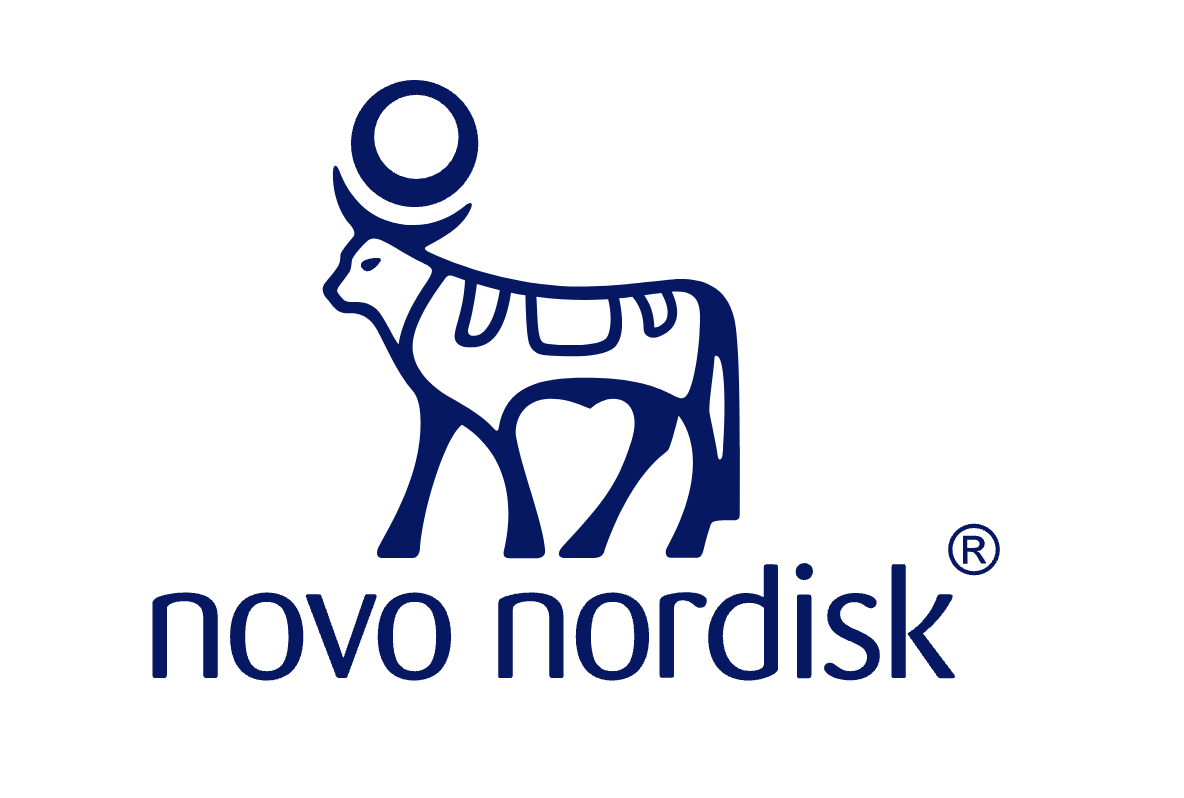Novo Nordisk Development taps into Coaching for transformation, personal growth, and shared success
Terms like digital transformation, product transformation, and technology transformation are more than just buzzwords. They represent crucial strategies for organisations striving to stay competitive and build more resilient and innovative businesses.
Leaders at the helm of these initiatives must juggle cultural resistance, skills gaps, conflicting goals, and legacy systems—all while inspiring their entire organisation to adopt new ways of thinking and working. This array of responsibilities often leaves little room for strategic thinking and personal leadership development—both essential to manage the continual changes and complexities of transformation in an enterprise.
The Backstory
Novo Nordisk Development, part of the global healthcare company, Novo Nordisk, is dedicated to clinical trials for new drugs and treatments. Like their peers in the industry, the 4,500-person area recognised the opportunities and challenges of digitalising their business, needing leaders to reinterpret their roles to effectively manage this transformation. Executive coaching was one of the tools chosen to galvanise this change.
I collaborated with Moritz Butscheid, VP of Digital Transformation Enablement, on a program specifically for a newly formed, cross-functional leadership team. We designed the customised program, which included one-to-one coaching sessions and group facilitated retrospectives, to give its members from across Development the time and space to think strategically, reflect on the transformation’s progress and ongoing challenges, and drive opportunities for action.
“Having somebody help us to reflect on where we naturally lean is valuable. Our decisions have a deep impact and I think this is very well-invested time and money.”
Moritz Butscheid, VP of Digital Transformation Enablement
The Challenges
While there may be consistency in the types of challenges organisations in the middle of transformation face, each culture brings its unique interpretation. To better understand the challenges these leaders had, I started with a series of on-site discovery conversations with the founding six members of the team. We explored their past experiences, perceptions, initial expectations of the coaching process, and identified development areas for both the team and individuals, including how to:
influence up and horizontally in a rapidly changing environment.
align varied agendas as quickly as possible.
lead amidst unprecedented organisational growth.
approach collaborative decision-making and move away from the legacy of decision-making by consensus.
carve out the time needed for critical self-reflection and strategic thinking.
hire and manage new product-minded team members.
The Two-pronged Solution: Individual Executive Coaching and Team Retrospectives
The discovery conversations laid a foundation for our program, which focused on both individual and team-level interventions to address these challenges.
Individual Executive Coaching
Each member of the newly formed leadership team was offered bi-weekly one-hour, one-to-one sessions over six months. Initially, the coaching began with six founding members of the team, but expanded and was offered to an additional six leaders as the team grew.
The majority of sessions were held virtually with occasional in-person meetings.
These one-to-one sessions were led by each leader who brought the questions, challenges, and topics that mattered most to them.
Butscheid described the individual sessions as an opportunity to reflect on the day-to-day, checking in on particularly difficult decisions or sources of stress. "Where there's somebody else in the room helping you with things that don't strike you as obvious and clear, it's very helpful.”
Team Retrospectives
I also led quarterly retrospectives that brought the team together in-person for custom sessions focused on team dynamics. As the members faced significant challenges and pressure to deliver on aggressive organisational goals, the retrospectives provided an opportunity for them to reflect on how they work together, communicate, and achieve their collective goals in a safe space.
"The mixture of team and individual coaching makes a lot of sense," said Butscheid. While individual coaching creates intimacy and trust, team coaching gives the coach the ability to observe team dynamics and grasp the complexity of the problems the team is facing. Butscheid said, "Having somebody help us to reflect on where we naturally lean is valuable. Our decisions have a deep impact and I think this is very well-invested time and money."
The Achievements
This two-pronged coaching initiative provided much-needed opportunities for members of the leadership team to stop, think, and reflect on how they as individuals and as a team can continually improve and contribute to the organisation’s transformation.
Across both individuals and the team as a whole, the coaching program provided:
Time and space for self-reflection: Executives often struggle with finding time to reflect. Our coaching sessions provided this essential time. Butscheid noted, “Whenever the workload gets high, you run into those dead-ends driven by your basic behaviours. You don’t always have time to reflect on everything. The sessions with Kate helped me reflect on options where something feels like a dead-end. I could actually tease out different perspectives and find new solutions.”
Accountability and practice: “The theory is out there. Anybody who takes any interest in personal development probably knows the spectrum and the breadth of the field. The trick is the daily practice,” said Butscheid.
Safe outlet for open dialogue and collaboration: Introducing team retrospectives created opportunities for open dialogue about what was working, what wasn't, and areas for improvement. Retrospectives also created a safe space for open communication and introduced a structured approach to learning about continuous improvement.
The Wrap-up
By providing both individual coaching sessions and team retrospectives, we created opportunities for leaders to step back from their daily pressures and focus on their personal and collective growth. Overall, the team enjoyed a positive sense of accomplishment, so much so that all participants expressed a desire to continue retrospectives for the following year.
As a final note, my engagement with Novo Nordisk Development was part of a larger coaching program that included working with partners Shaun Russell and Petra Wille to support new ways of working and learning in Development’s growing product management organisation. Together, we provided a unique perspective of how the organisation was responding to change, from the individual contributor to leadership and executive levels.
If you’d like to learn more about working with me in a team or one-to-one coaching setting, don’t hesitate to get in touch!
Interview with Moritz Butscheid conducted by Melissa Suzuno.


